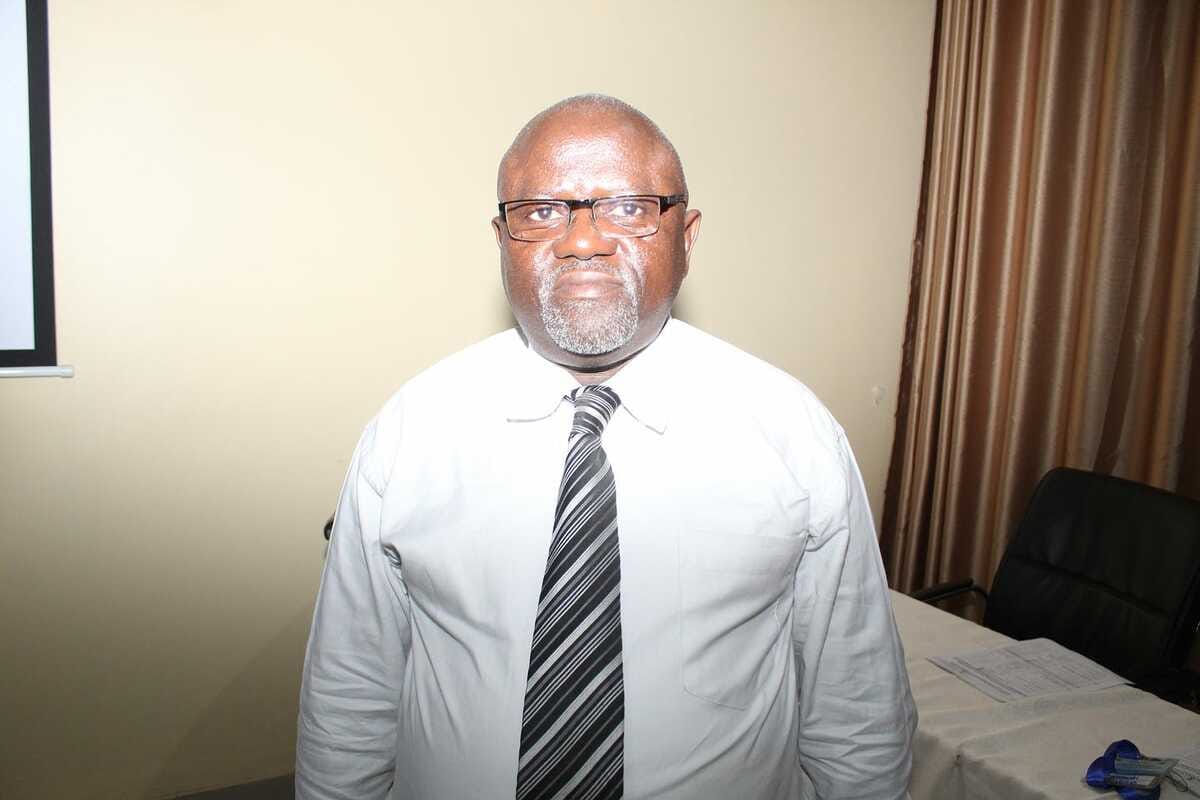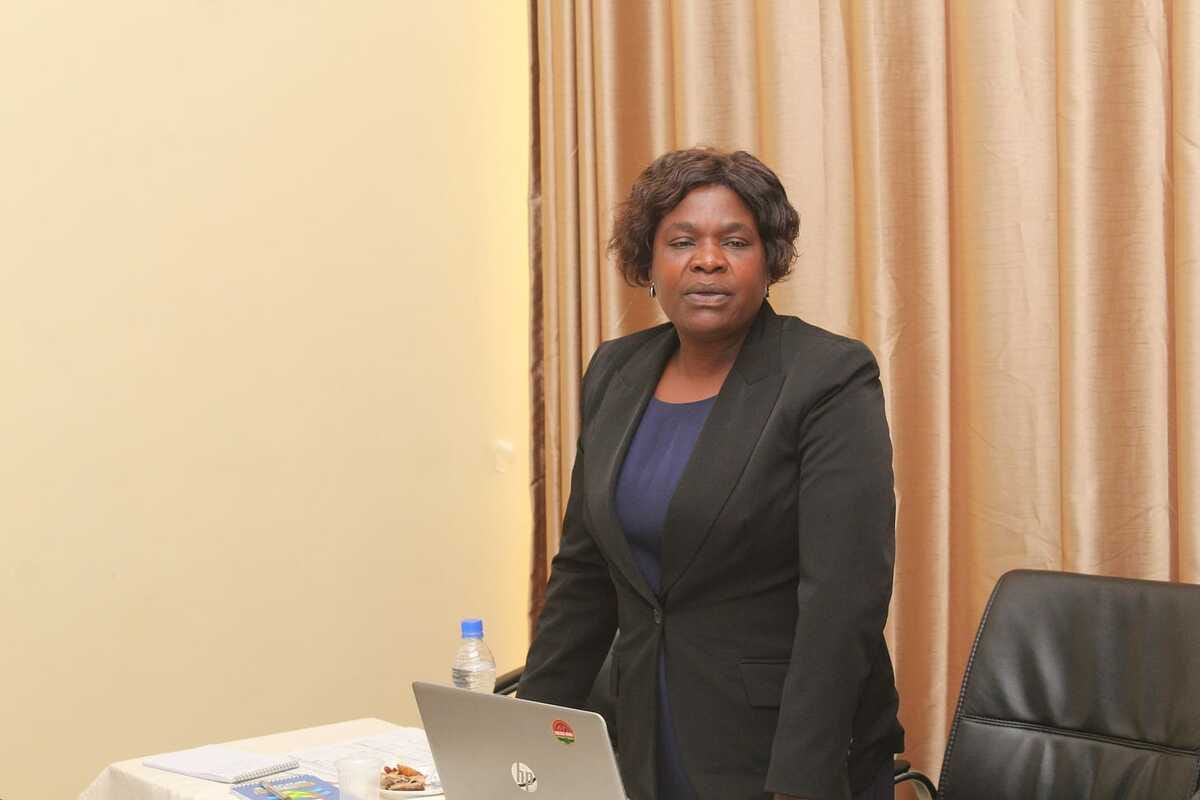
Malawi: Malawi will establish the National Community-Based Natural Resources Management Forum (CBNRM) with nine other SADC countries to improve conservation efforts in Malawi.
Initially intended to coordinate seven conservation associations established in the country's conservation areas under the Department of National Parks and Wildlife (DNPW), delegates agreed at a recent meeting in Mponela to open up to other interested groups and individuals carrying out conservation work in various fields across the country.
According to Malidadi Langa, convener of the meeting and board chairperson of Kasungu Wildlife Conservation for Community Development Association (KAWICODA), the forum will not only improve programme coordination but will also allow communities to meaningfully participate in the implementation of conservation policies and activities in Malawi.
He cited the Convention on Biological Diversity (CBD), climate change, forestry, fisheries, and national park policies, as well as the nationally determined contributions implementation strategy, as key instruments to help with implementation.
Langa also believes that when all associations collaborate to design interventions at the national level, fundraising and programme implementation will be easier.
"It is difficult in a donor market for associations to raise funds at a micro level, but through the umbrella body it will become easy for them to access resources, implement programs with greater impact, and their representation will be elevated," said Langa.
In the long run, the forum hopes to secure resilient livelihoods for communities in order to aid in the fight against deforestation and environmental degradation.
"If our young people and young women have a stable income and food security, the pressures of charcoal burning, poaching, and encroachment will likely subside. This is why the forum would want to see associations implementing programs that will reduce overreliance on natural resources by communities,” Langa said.
When asked how the new organisation plans to reduce cases of human-wildlife conflict, which was prevalent in Liwonde but appears to be on the rise in Kasungu, where over 260 elephants were reintroduced from Liwonde, Malidadi said it is at the top of their agenda.
Langa said: "Apart from ensuring that over 160 kilometres of Kasungu national park are fully fenced and working with communities to stop poaching and encroachment, we will in due course begin to engage the government to explore ways of triggering compensation for loss of life and property including crops and livestock among communities affected by these conflicts and regardless of what the law says. Laws are made by people for the people and can be changed by people anytime.’’
Delegates also empowered the forum to ensure transparency in the way wildlife concessions are structured and managed at the meeting. Most associations feel marginalised and believe that current benefit-sharing arrangements are not in the best interests of communities and that resources are not distributed equitably.
During separate interviews, some association members admitted they are unaware of the majority of concessions signed by the government with various entities, a development confirmed by Langa, but hoped the situation would improve if communities began working together.

Catherine Chunga, senior parks officer at DNPW, assured members in her remarks that her organisation is ready to collaborate with the forum to improve the management of all protected areas in Malawi.
Deputy directors from the departments of fisheries and forestry were also present at the meeting, and they have since welcomed the formation of the forum.
The meeting agreed on the scope of work and structure for the new organisation, as well as the requirements for an electronic conservation monitoring and information management system that the forum intends to pilot in the country.